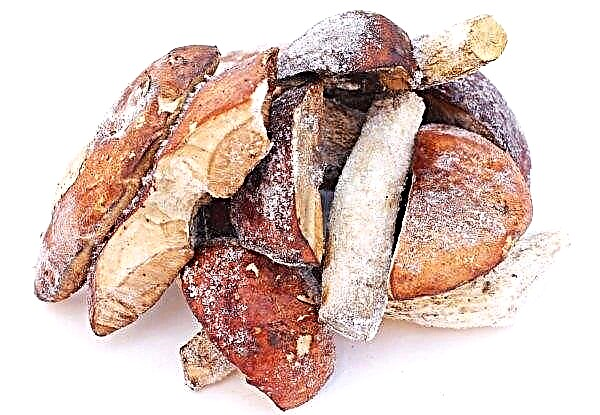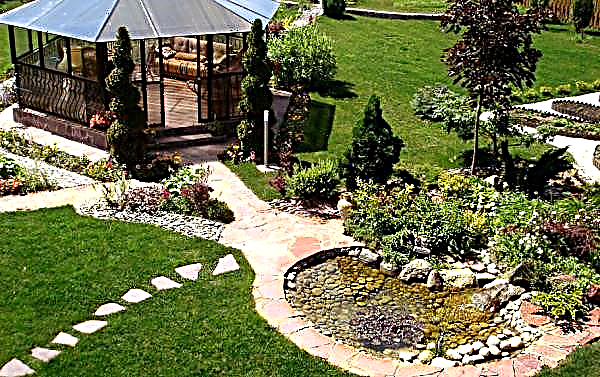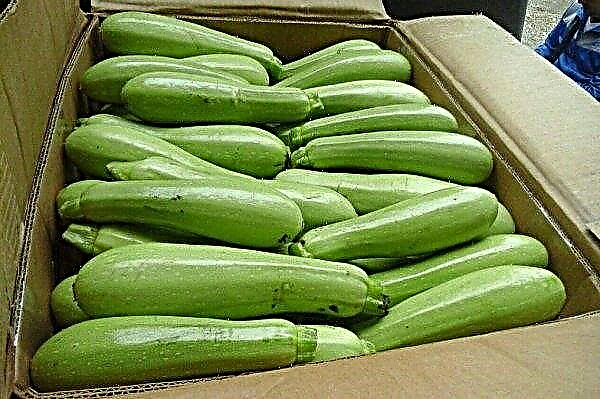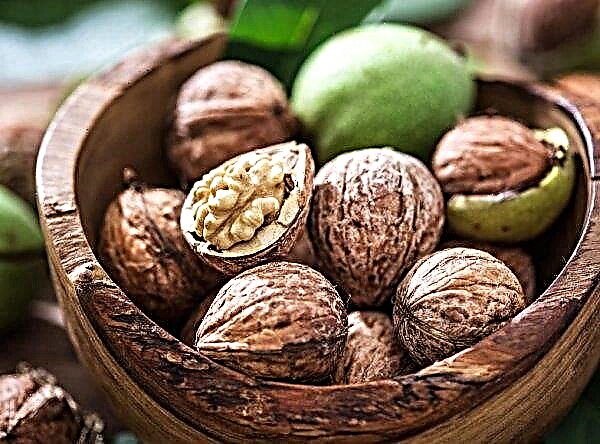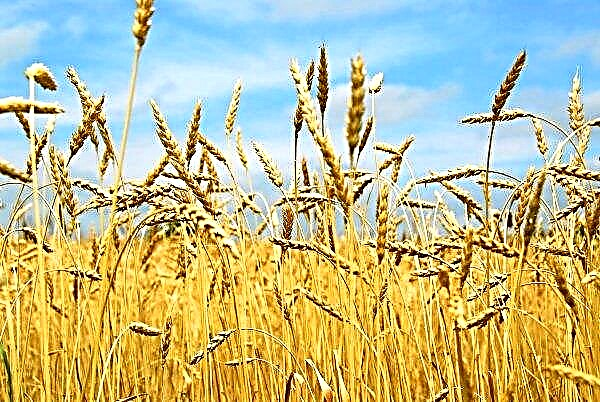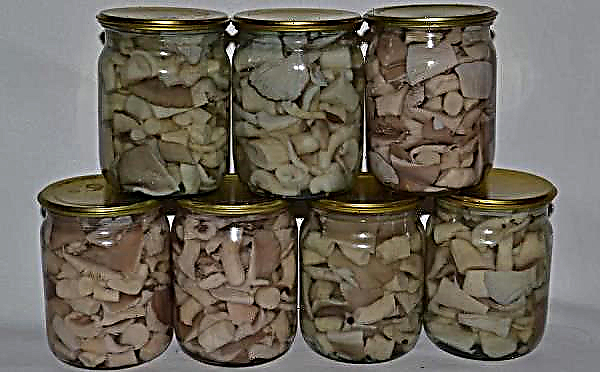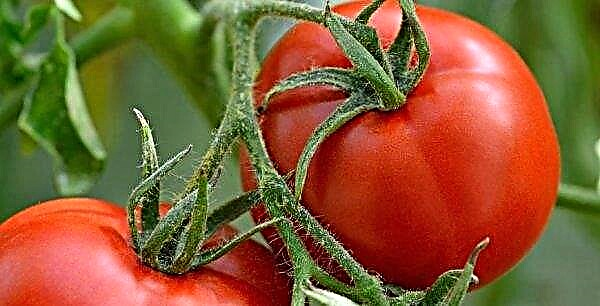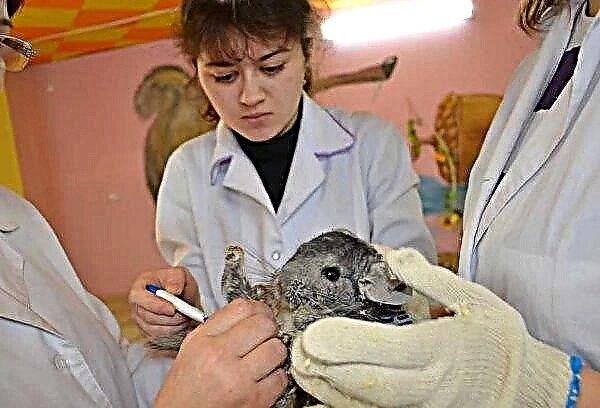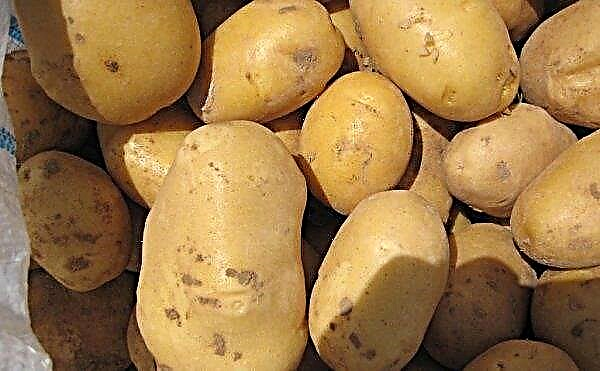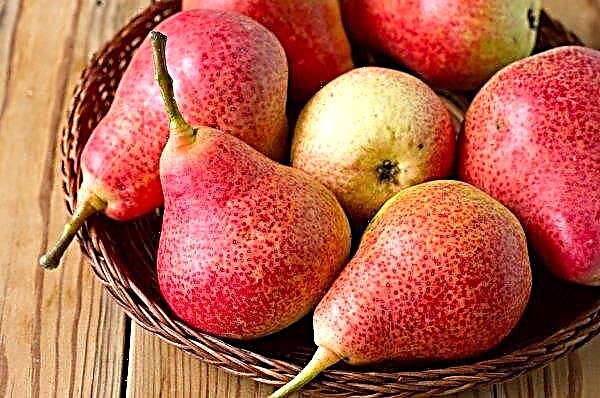In July of this year, NATURA magazine raised the issue of irrigating Moldovan farmland with water from underground sources. Answers to this question were received from ecologists, doctors of biological sciences, university teachers, and prominent representatives of the civil community.
According to Iurie Bejan, a doctor of geographical sciences at the Institute of Ecology and Geography, groundwater cannot be used for irrigation in Moldova, since it negatively affects chernozem due to the high salt content.
To use groundwater for irrigation of agricultural land, you must first conduct thorough research, the same as were done in 2011-2018.
It is necessary to determine: how much water is available; what water quality (degree of mineralization); how quickly the aquifer will recover if it is exploited intensively; to determine the zoning of the country's lands by irrigation of farmland with groundwater.

According to the doctor of biological sciences Gheorghe Jigueu, chernozems that are irrigated undergo functional changes in the early stages. The experiments proved that even when watering from the Dniester is irrigated, the soil changes irreversibly, its structure is damaged.
According to experts, about 80% of the total volume of groundwater in Moldova has a salinity of more than 1 g / l, which will result in salinization of the soil during irrigation. New research is needed by local and international experts.

And only after a complete and truthful study based on the principles of long-term use of groundwater resources is obtained, it is possible to resume public debate on the pros and cons of irrigation.

